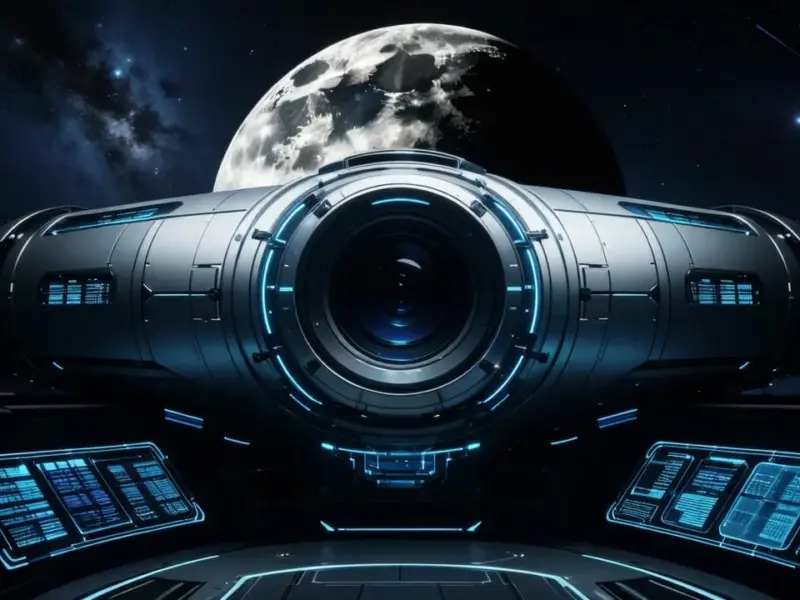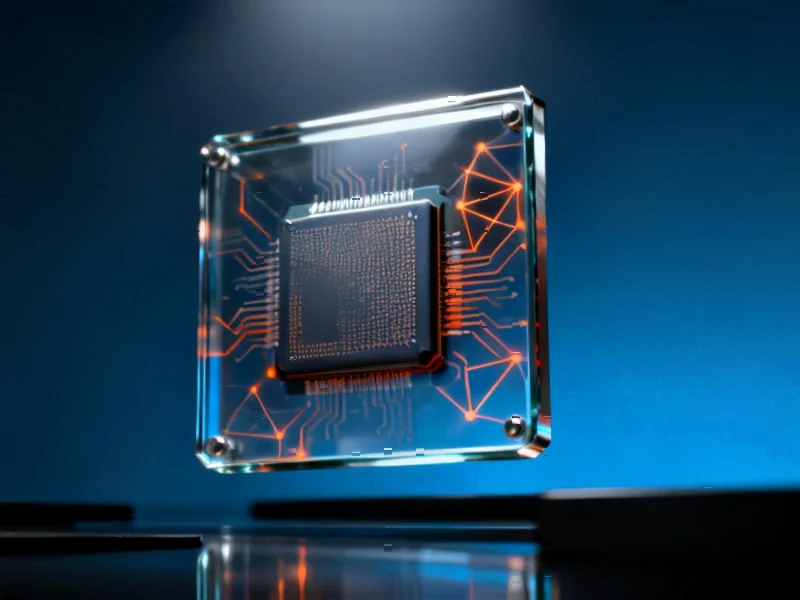According to Futurism, OpenAI suffered a major one-two punch on Tuesday that threatens its AI dominance. Microsoft and Nvidia signed a massive $350 billion deal with competitor Anthropic, nearly doubling that company’s September valuation. Simultaneously, Google released its Gemini 3 model, which early tests show outperforms OpenAI’s GPT-5.1 that launched just last week. The pressure comes as OpenAI’s user growth slows—Google claims 650 million monthly Gemini users while ChatGPT has 800 million weekly users. Meanwhile, OpenAI plans to spend over $1.4 trillion on data centers in coming years while burning through billions quarterly. This all happens amid broader AI bubble concerns that sparked a major tech selloff earlier this month.
The competitive landscape just shifted dramatically
Here’s the thing: OpenAI basically had the consumer AI market to itself for years. But now the big players are fully awake. Microsoft and Nvidia’s $350 billion bet on Anthropic isn’t just money—it’s a strategic alliance that gives Anthropic access to Nvidia’s hardware for the first time. And Google’s Gemini 3 release timing feels intentional, coming just days after GPT-5.1. This isn’t coincidence—it’s coordinated competitive pressure. When you’ve got AI skeptic Gary Marcus saying “OpenAI has basically squandered the technical lead it once had,” that’s telling. The days of OpenAI being the default AI choice are clearly ending.
The spending problem is getting real
OpenAI’s response to this pressure? Double down on spending. They’re planning $1.4 trillion on data centers over the next couple years. Let that number sink in—trillion with a T. And they’re still burning billions every quarter. Now, massive infrastructure investment makes sense when you’re growing rapidly, but what happens when competition eats into your user growth and potential revenue? The gap between Google’s 650 million monthly users and ChatGPT’s 800 million weekly users is shrinking fast. At some point, Wall Street will want to see returns on all that spending. The current “spend now, figure out profitability later” approach might not fly when you’ve got Google and a well-funded Anthropic coming for your lunch.
AI bubble concerns are very real
Remember when everyone was freaking out about the AI bubble earlier this month? That tech selloff wasn’t random—analysts are genuinely worried about the disconnect between astronomical valuations and actual revenues. Nvidia’s better-than-expected earnings gave everyone a temporary confidence boost, and Jensen Huang’s typical optimism helped. But here’s the reality: when you’ve got multiple companies spending trillions on infrastructure chasing what might be a finite market, something’s gotta give. The New York Times analysis points out that Google’s size and search dominance could let Gemini rapidly take market share. That’s not bubble talk—that’s basic market dynamics.
So what happens now?
OpenAI finds itself in a classic innovator’s dilemma position. They created the market, but now the giants have woken up. Google’s Gemini 3 appears genuinely competitive with GPT-5.1, and Anthropic now has Microsoft and Nvidia’s full backing. The question isn’t whether OpenAI will survive—they’ve got plenty of resources—but whether they can maintain their leadership position. As Gary Marcus notes, the technical gap has closed. What we’re watching now is the beginning of a real AI war, not just between models, but between business models. And honestly, that might be better for everyone—competition drives innovation faster than monopoly ever could.




